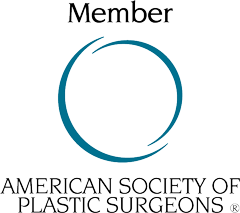
Following surgery, in an effort to repair damage to your dermis, your body forms new collagen fibers – which results in a scar. This new scar tissue will look and feel different than the surrounding tissue. A normal scar will generally appear somewhat flat and pale and will typically fade with time. In fact, many scars eventually become undetectable to the naked eye. However, some scars follow a more disruptive path, and can even get worse as time goes on. When the body produces too much collagen in an effort to repair the damage it can result in a ‘raised’ scar. These are considered ‘bad scars’ or ‘adverse scar conditions’ and they can unfold following any incision, including an incision made during a Plastic Surgery procedure.













